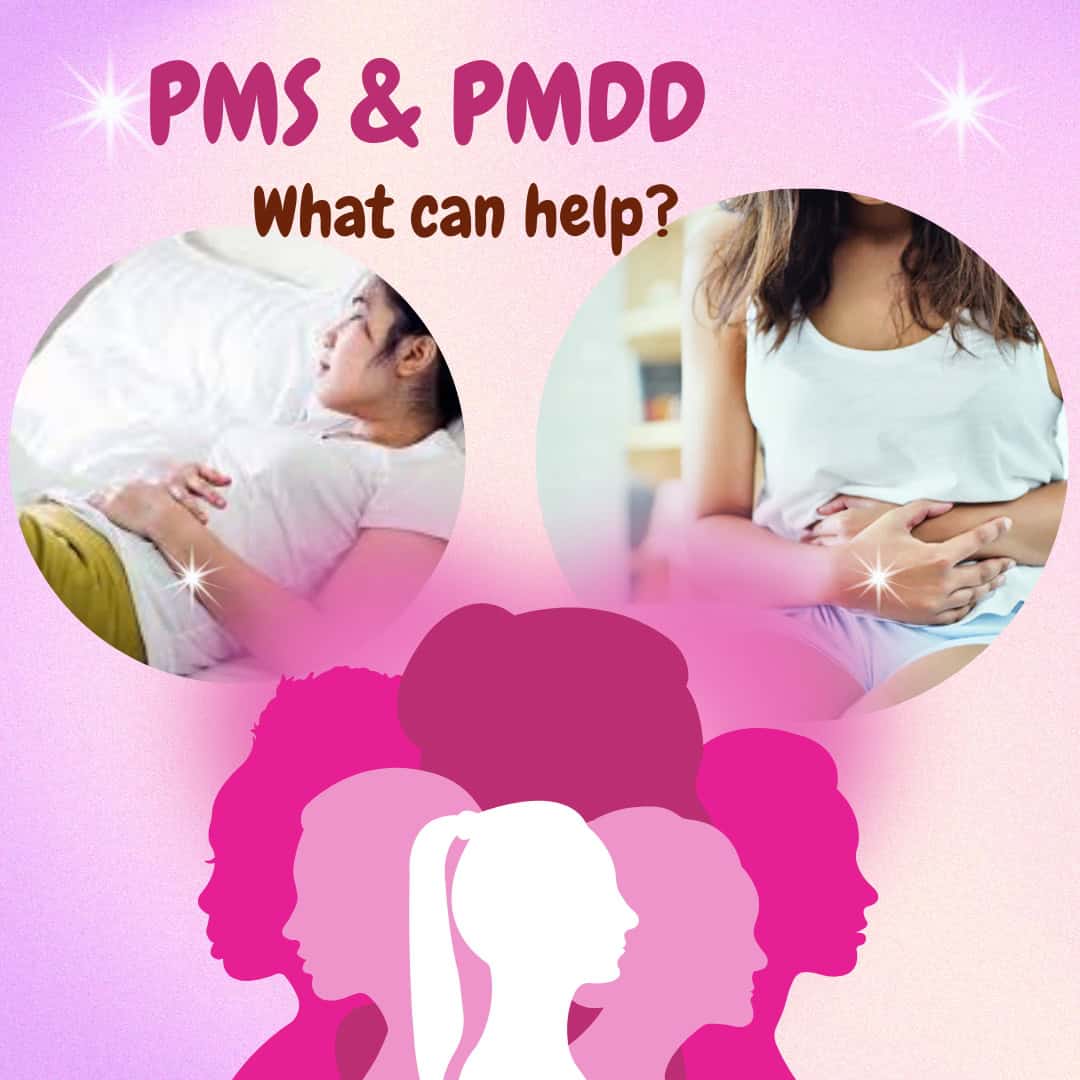Premenstrual Syndrome (PMS) and Premenstrual Dysphoric Disorder (PMDD) affect millions of women and can significantly disrupt daily life. While both conditions are linked to the menstrual cycle, PMDD is more severe and emotionally intense than PMS. If you’re struggling with mood swings, irritability, fatigue, or physical discomfort every month, you’re not alone—and effective PMS and PMDD treatment in Dublin is available.

To support both the physical and emotional challenges of PMS and PMDD, I offer a holistic approach that combines acupuncture, counselling, and Traditional Chinese Medicine (TCM). These complementary therapies are designed to address the root causes of hormonal imbalance and emotional distress.
Counselling for PMS/PMDD:
Professional counselling provides a safe, supportive space where you can explore your emotions, understand your menstrual cycle patterns, and build emotional resilience. It helps you:
Acupuncture for PMS Symptoms:
Acupuncture helps restore balance in your body’s energy systems. It is known to:
Why Combine Counselling and Acupuncture?
Herbal remedies, rooted in Traditional Chinese Medicine, offer natural solutions to hormonal imbalances and cycle-related discomfort.
How Herbal Medicine Helps:
Benefits of Herbal Medicine:
What to Expect:
What I Don’t Offer:
If you’re looking for PMS and PMDD treatment in Dublin that takes your emotional and physical health seriously, I invite you to explore a more natural and empowering approach to wellness.
Clinic Location: Dublin 2
Phone: 087 956 5865
Email: malouacupuncturecounselling@gmail.com
Relief from PMS and PMDD is possible with the right support and a willingness to embrace holistic methods. By combining counselling, acupuncture, and herbal medicine, I aim to provide comprehensive care that empowers women to reconnect with their bodies, emotions, and cycles. Together, we can create lasting harmony and balance in your life.
Yes, I’m a member of AFPA and IACP, and these memberships are recognized by VHI, Laya, Irish Life, and HSF in Ireland. These companies partially cover the costs, but the exact amount will depend on your specific insurance plan.
Anytime! You don’t need to wait for a specific week of your menstrual cycle to begin.
Common physical symptoms include:
Emotional symptoms treated include:
If you are struggling with the emotional and physical challenges of PMS or PMDD, we offer dedicated support to help you manage symptoms and improve your well-being.
All inquiries are handled securely and confidentially. Our clinic is located in Dublin 2, a short walk from St. Stephen’s Green. For more information or to schedule a session, please contact me at 0879565865 or malouacupuncturecounselling@gmail.com.